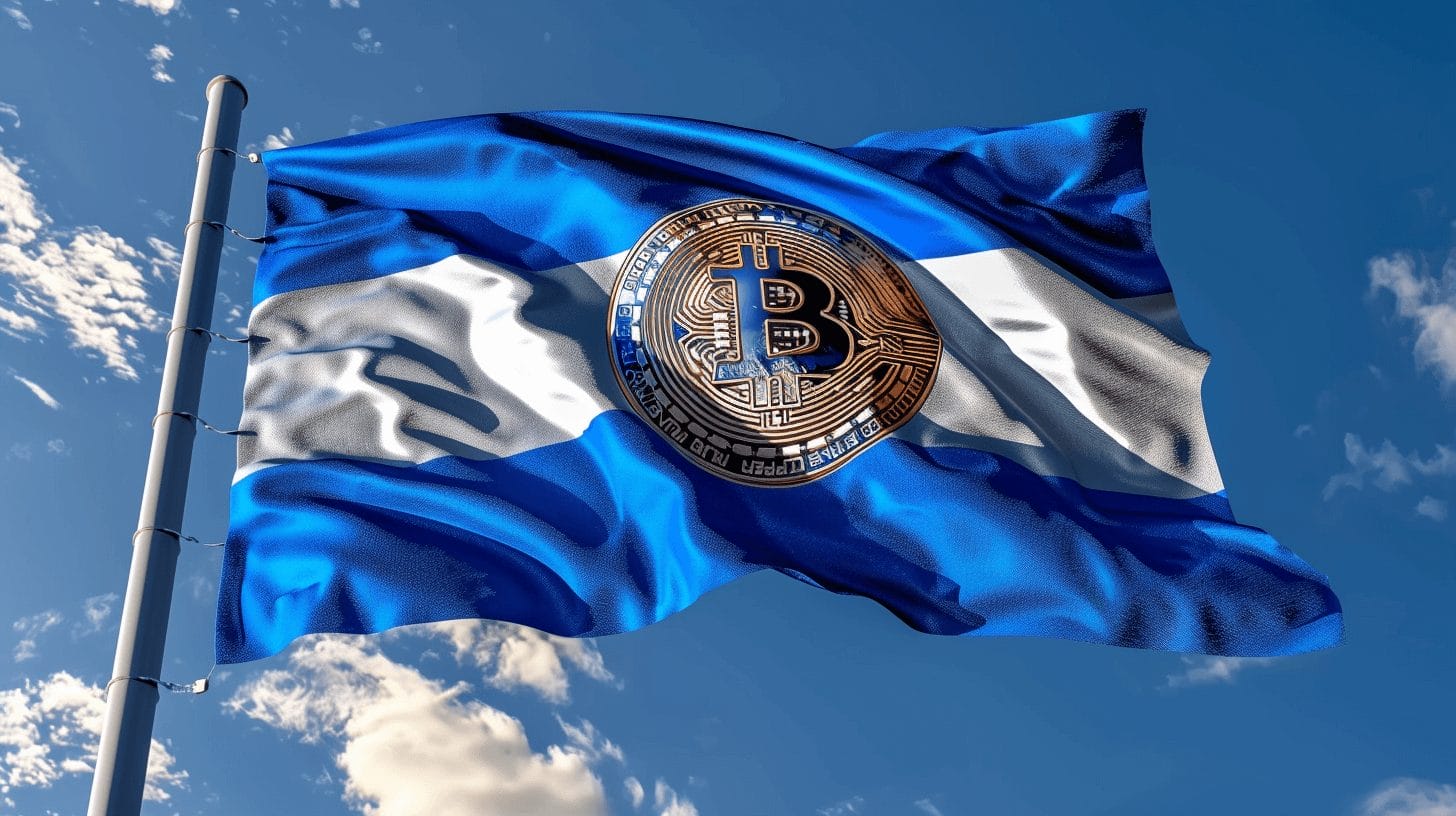
The International Monetary Fund (IMF) has urged El Salvador to review its Bitcoin policies and enhance its cryptocurrency regulations. In a press conference on October 3, Julie Kozack, the director of the IMF’s communications department, highlighted the collaborative efforts between IMF staff and Salvadoran officials.
Their objective is to finish an IMF-backed new program designed to stabilize the nation’s economy, implement the necessary changes, and encourage growth-oriented reforms.
However, the IMF’s recommendation reflects ongoing concerns about the risks associated with Bitcoin as a legal tender. Following this advice could result in a more stable economic climate, which would draw in foreign investment and promote sustainable growth.
IMF Continues to Hold El Salvador Hostage Over #Bitcoin, Despite:
— matthew sigel, recovering CFA (@matthew_sigel) October 3, 2024
>GDP up 10%+ since adopting #Bitcoin, consistently outpacing regional peers
>Murder rate down by 95%
>Tourism up 95% in 2023 alone@nayibbukele, your vision is driving a remarkable transformation!
Stand firm! pic.twitter.com/bk0kTkNHfQ
On the other hand, disregarding these suggestions might hinder the nation’s economic recovery and cause unpredictability in the cryptocurrency market.
In the end, El Salvador’s reaction to the IMF’s advice will be critical to determining its financial stability and may have an impact on future cryptocurrency laws in the area.
IMF Recommends Strengthening Bitcoin Risk Management
Throughout their continuing talks with El Salvador, the IMF emphasizes the significance of improved risk management with regard to Bitcoin.
Julie Kozack listed a number of IMF recommendations, such as limiting the application of El Salvador’s Bitcoin legislation, strengthening regulatory supervision, and lowering the amount of Bitcoin that the government is exposed to.
JUST IN: 🇸🇻
— Bitcoin Archive (@BTC_Archive) October 4, 2024
IMF calls for El Salvador to limit #Bitcoin exposure pic.twitter.com/dV2A3RhaCj
By taking these steps, the possible risks associated with using Bitcoin as legal tender are to be reduced. El Salvador can endeavor to establish a more secure economic structure while maintaining a responsible and sustainable approach to cryptocurrencies by implementing these measures.
Additionally, Kozack stated that El Salvador’s 2025 budget proposal is a step in the right direction toward strengthening public finances. These adjustments have the potential to create a more stable financial environment, which would promote investment and boost economic expansion.
IMF Expresses Continued Concerns Over El Salvador’s Bitcoin Adoption
It is noteworthy to mention that El Salvador’s decision to accept Bitcoin as legal tender has drawn criticism from the International Monetary Fund (IMF).
After this change in September 2021, the IMF emphasized the dearth of consumer protections in cryptocurrency transactions and issued a warning that the volatility of Bitcoin could cause financial instability. They added that these kinds of innovations might make it more difficult to receive future IMF funding.
Even though there were no significant risks as of August 2024, the IMF kept emphasizing how crucial it is to increase Bitcoin risk management and transparency. The organization acknowledged that additional measures are required to tackle possible problems with fiscal and financial stability that may arise from the Bitcoin project.
El Salvador may face continuing economic difficulties and have a harder time obtaining future international financial assistance if these warnings are ignored.
The country might become a global leader in the integration of cryptocurrencies into national economies while preserving financial stability if it is able to successfully implement the IMF’s recommendations.















Leave a Reply